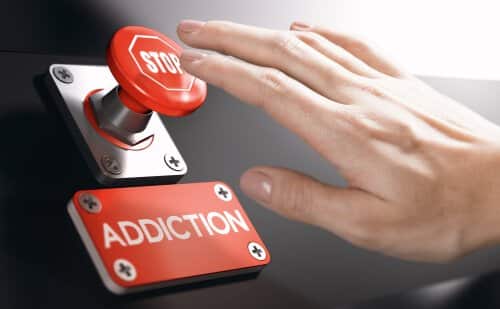There’s A Light at The End of The Tunnel
If you are somebody who is looking for some outpatient detoxification programs but are not exactly sure as to how to best approach this particular process, then you might want to have a look below.
Aside from providing some helpful tips that you may want to include in your search, we will also have a quick look at some of the supported benefits with regards to these types of centers.
Continue on below for more information and helpful details.
Before you go off choosing any detoxification center, in particular, there are a few things that you might want to take into consideration.
First off, it’s worthwhile to point out that you have both options available: inpatient and outpatient.
If you are specifically looking for inpatient than this might be a more comprehensive and intensive care program.
Outpatient would basically mean that there would be regular- scheduled visits from the patient to the center. It would basically involve a back and forth commute. Nonetheless, deciding which program would best suit the person trying to recover would ultimately fall in the hands of medical professionals and family, and close friends of course.
When searching for Outpatient Detoxification programs, be sure to not weed any of them out just because they are a distance away, or a greater distance away than you have anticipated. The notion behind such programs is to ensure that the individual who is looking to detox gets the proper amount of help without having to be admitted to a hospital (in this case it would be considered “inpatient”).
But make no mistake about it, according to some research and studies, the intensive outpatient programs, or more simply IOP for short is essentially designed to provide a great deal of support for clients and individuals who are considered to be in “recovery mode.” The road to sobriety can seem like a long and arduous one but it does have to begin somewhere.
And speaking of the road to recovery, here is a brief list of some detoxification programs. While they are geared around a wide number of drugs, the majority of them aim to help individuals suffering from an addiction to alcohol, opiates or benzodiazepines. Despite undergoing an alcohol detox program, there can still be intense withdrawal symptoms.
And the same goes for individuals that are struggling to ditch other sorts of drug addictions. Some examples include: heroin, cocaine, marijuana, crystal meth, and other addicting substances. While there is no research to back this up- there might be some programs that can also help with nicotine addiction. Although the addiction to this sort of substance may not necessarily require a detox program per say, there can still be some related departments that can assist with helping the individual either stop the habit completely or at least cut down a bit.
Resource Box:
For further information and details: click on the following link:
https://tmbehavioralhealthcenters.com/?utm_campaign=1&msclkid=5a49bd764e4e1b12d9c6e62f16037d62
Related Articles
Beware Withdrawal Symptoms – They Can Be Fatal!
Sublocade: Directionally Positive, but Not a Panacea
3 Ultimate Reasons of Why You Should Use the Services of Drug Detox Centers





